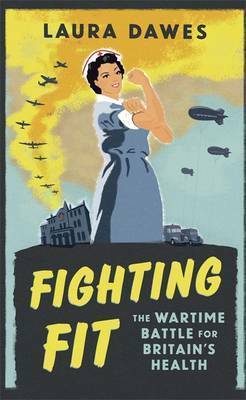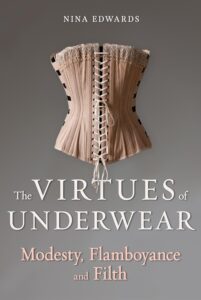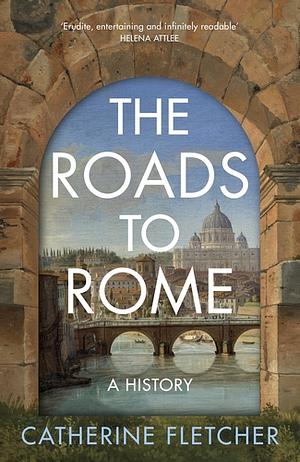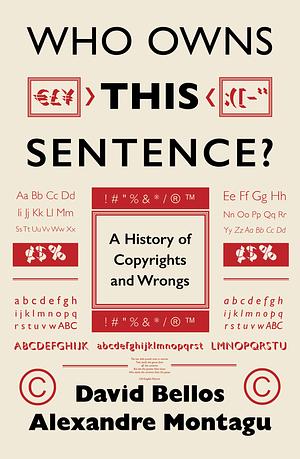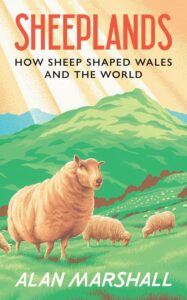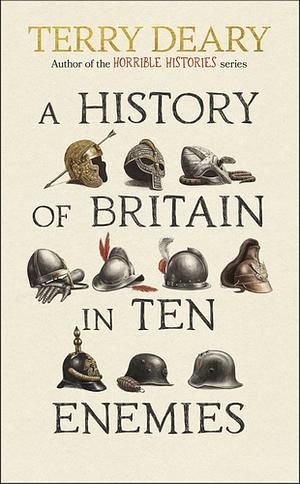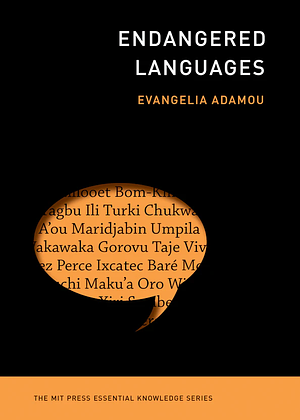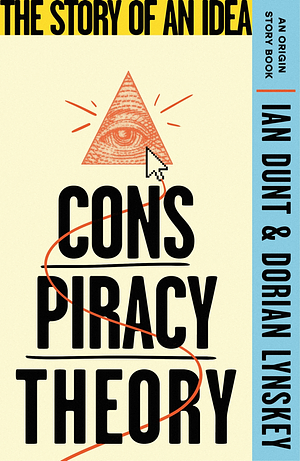
A Brief History of the Countryside in 100 Objects
by Sally Coulthard
Genres: History, Non-fictionPages: 333
Rating:

Synopsis:For most of human history, we were rural folk.
Our daily lives were bound up with working the land, living within the rhythm of the seasons. We poured our energies into growing food, tending to animals and watching the weather. Family, friends and neighbours were often one and the same. Life revolved around the village and its key spaces and places – the church, the green, the school and the marketplace.
And yet rural life is oddly invisible our historical records. The daily routine of the peasant, the farmer or the craftsperson could never compete with the glamour of city life, war and royal drama. Lives went unrecorded, stories untold.
There is, though, one way in which we can learn about our rural past. The things we have left behind provide a connection that no document can match; physical artefacts are touchstones that breathe life into its history. From farming tools to children’s toys, domestic objects and strange curios, the everyday items of the past reveal fascinating insights into an often-forgotten way of life. Birth, death, celebration, work, crime, play, medicine, beliefs, diet and our relationship with nature can all be read from these remnants of our past.
From ancient artefacts to modern-day memorabilia, this startling book weaves a rich tapestry from the fragments of our rural past.
Sally Coulthard’s A Brief History of the Countryside in 100 Objects pretty much explains itself in terms of content. Each entry is pretty short, and focused on a particular item (though it may ramble around the subject before or after introducing the item). Each is included as a pen-and-ink sketch, usually at the end of the chapter.
I found at times that the objects were… not what I’d choose, or the potted histories were a bit rambly/random, but overall it’s a format I enjoy in and of itself, and I had fun reading it. I’d say take the historical accuracy with a heaping of salt, as it lacks any kind of references (not just numbered references, but in my edition, any kind of references at all). More one to read for entertainment and to see someone else’s train of thought on the matter than for information.
Rating: 3/5

